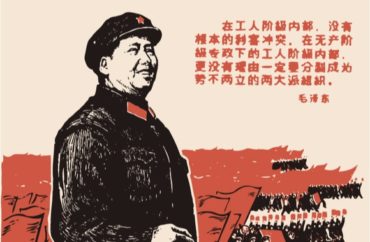
Praises ‘class discussions’ for her anti-capitalist conversion
A Scripps College senior has earned a degree in organizational studies with a thesis on how the successes of “Mao Zedong’s Marxism” helped the Black Panther Party defeat “American militarism.”
The 48-page document, accepted by the Southern California liberal arts college, celebrates the Chinese Communist chairman for helping inspire the militant African-American organization.
“The Panther’s form of militarism and militarization called for a cultural overhaul in line with the Black Power Movement and the Black Arts Movement that defined their time,” Chiugo Akujuobi writes in her thesis, which was shared publicly on her LinkedIn profile.
Scripps is an all-women’s liberal arts college in Southern California with tuition of nearly $80,000 a year.
It is part of the Claremont College consortium, a group of five highly selective liberal arts colleges in Claremont, California, that also includes Pitzer, Pomona, Harvey Mudd and Claremont McKenna colleges.
In her Scripps thesis, Akujuobi does not hide her fondness for Mao Zedong’s influence on the militant black organization’s political philosophy.
“Beautifully, the Black Panther Party achieved this new imagining of militarism and militarization through the lens of Mao Zedong’s Marxist interpretations that aided in forming the communist institution of Maoism,” she writes.
Akubjuobi and her family voluntarily immigrated to the United States from Nigeria, according to her Linkedin profile. Now, she claims that she is a “marginalized person living under a capitalist system” and believes America is an “imperialist state” and even worthy of being “overthrown.”
Marching on Sacramento and Beijing
Neither Akubjuobi nor her thesis advisor, Maryam Soliman, have returned requests for comment from The College Fix about the thesis or the Black Panthers.
That organization’s revolutionary talk and confrontational posture is why the FBI once feared the African-American separatist organization.
The Black Panther Party was formed in Oakland after the assassination of Malcolm X. Its initial full title was the Black Panther Party for Self-Defense, and that defense included arms.
“The Black Panther Party came into the national spotlight in May 1967 when a small group of its members, led by its chair, [Bobby] Seale, marched fully armed into the California state legislature in Sacramento” to protest a gun control bill, writes Garret Duncan, professor of African American studies at Washington University in St. Louis, in an entry on the Britannica website.
It grew to have chapters in dozens of states. Two years later, longtime FBI Director J. Edgar Hoover “considered the Black Panther Party the greatest threat to national security,” Duncan writes.
Hoover and many others at the time were worried about what Duncan calls the Black Panther’s “socialist economic outlook, informed by a Marxist political philosophy” married with separatist tendencies and guns.
The FBI’s campaign against the organization resulted in a five-hour-long shoot-out at the Panthers’ Southern California headquarters and a lethal raid in the Illinois headquarters.
The organization eventually fell apart because of outside pressure and internal dissension.
Maoism is the China-specific adaptation of Marxism. It is named for Mao Zedong, chairman of the Chinese Communist Party from 1943 to 1976. Among Maoism’s more memorable policies was the Great Leap Forward reform, which led to the Great Famine and the deaths of at least 30 million people.
One blog post on the Washington Post website called it “the greatest mass murder in the history of the world.”
Radicalized by college
For Akujuobi, in addition to being a student of Maoism and the Black Panther Party, the thesis is also a documentary of how radicalization happens through college.
“In the same way in which the Black Panther Party vehemently rejected capitalism, neoliberalism, liberalism, imperialism, and any ‘-ism’ that led to the destruction of the black community,” Akujuobi writes, “college took the torch of self-discovery that ignited within me in my hometown of Houston and amplified the extent to which I similarly rejected individualistic materialism.”
This radicalization happened, “Here, at Scripps College,” she writes, and also in a travel abroad program that took her to Cuba.
“Notably, my Core 1 class, Histories of Present: Community, centered on the notion of communitas, or the concept of an unstructured community in which all people live in egalitarian societies,” sparked something, she explains.
“Our class discussions catapulted me to recognize my positionality as a middle-class Black person at an elite predominantly white institution,” she writes.
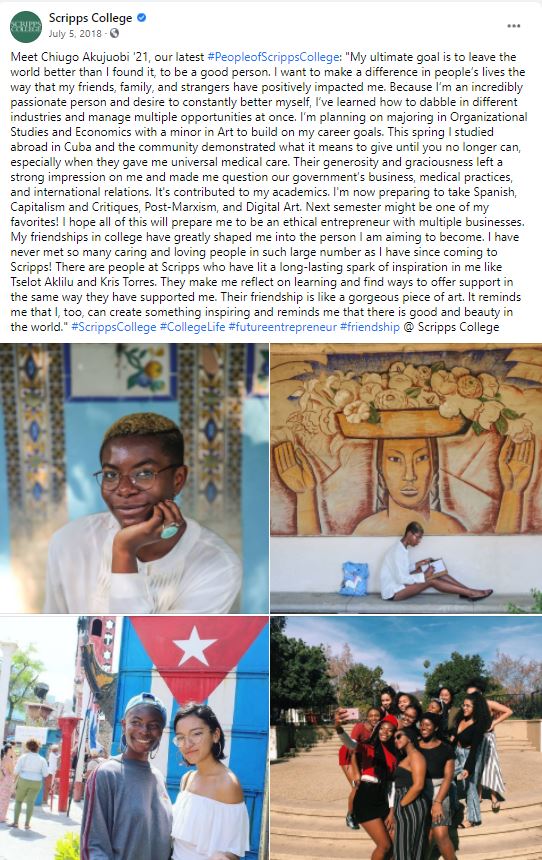
Akujuobi attributes her “desire to study the Black Panthers” to “my change in mindset, a change in orientation to a more anti-capitalist mindset.”
MORE: Prof sues Marvel Entertainment for swiping his idea for ‘Black Panther’ film
IMAGE: John Lock/Shutterstock
Like The College Fix on Facebook / Follow us on Twitter

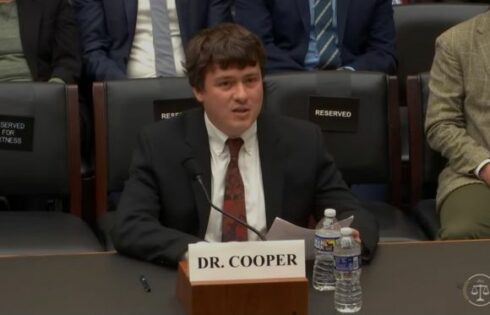

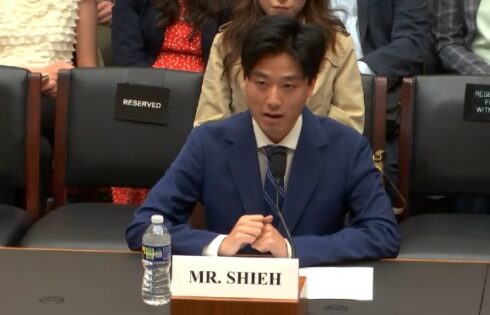
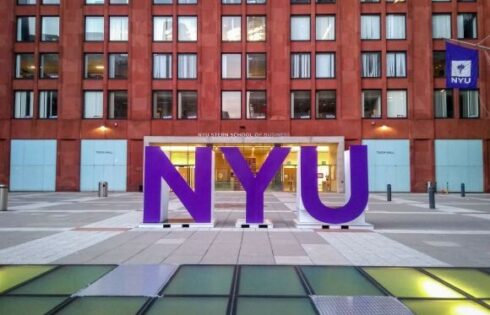
Please join the conversation about our stories on Facebook, Twitter, Instagram, Reddit, MeWe, Rumble, Gab, Minds and Gettr.